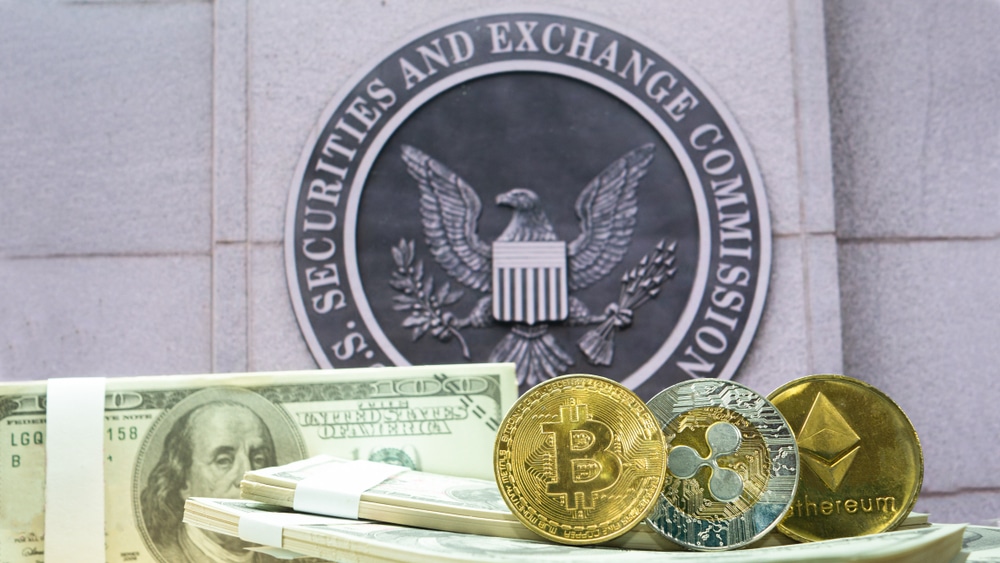New Research Reveals Crypto Wallet Market Will Grow $700 Million by 2026

Future of the Crypto Wallet Market
Technavio has recently shared statistics regarding the crypto wallet service industry. The research report published by the firm retains that the wallet services is going to become a $700 million industry by 2026. On this account, the report suggested that wallet accounts underwent a visible boost during the COVID-19 lockdown.
Some of the top wallet vendors mentioned in the report in terms of market cap are namely Binance, Exodus, Trezor, Ledger, and Gemini Trust, etc. At the same time, the survey also took a detailed view about the wallet services providers based on geological locations.
The largest market share for digital currency wallets was noticed in North America accounting for 41% of the total market share. China was ranked second biggest followed by UK, Germany, and Switzerland.
The report has projected those digital custodial services provider market share inclusive of non-crypto assets is expected to morph into a $163.43 billion industry by 2027.
When pandemic lockdowns were in effect, more investors flocked around Coinbase and Robinhood custodial services. These digital trading platforms made investing more accessible for everyone.
The report from Technavio has identified play-to-earn games as one of the major contributing factors to increased adoption of crypto wallets. Some of the top gaming projects in this sector are Axie Infinity.
Game-Fi projects gained notoriety in regions like Philippines leading to a dramatic incline in the adoption of crypto wallet services. Players engaged in play-to-earn gaming projects as a way to generate passive income during the lock down period.
The total investment share of Indian consumers in crypto rose from $923 million to $6.6 billion. Another survey conducted by Grand View Research indicates fastest wallet adoption rates in APAC nations and Hong Kong.
However, while blockchain familiarity and adoption has continued to increase across the globe regulatory scrutiny has also intensified. Regulatory frameworks such as Markets in Crypto-Assets issued by EU legislators and regulatory amendments happening in Hong Kong impose strict rules for money-laundering compliance.
These changes can result in slower adoption for cryptocurrencies. In April, G20 endorsed the idea of a global crypto legislative framework. India appointed Financial Stability Board during its G10 hosting event and reiterated the sentiment.
IMF Recommends Crypto Regulatory Framework for Blockchain Industry
IMF has published a paper to share its recommendations for an international regulatory framework for virtual currencies. This paper has highlighted that the presence of digital currencies challenges the dominance of Central Banks and disrupts the monetary sovereignty of the state.
The paper argued that investing in cryptocurrencies is redirected from bank funds that can contribute to development of native development. On account of these assertions, the global lender has implored nations to enact proper monetary policy.
In accordance with the MiCA bill approved by European regulators, crypto exchanges are required to share the consumer data with both parties that are involved in a transaction. Legislator Jack Reed hailing from USA has submitted a new proposal that intends to implement Know your Customer (KYC) compliance on decentralized finance issuers.
Another key blockchain byproduct facing regulatory uncertainty are NFTs. The Securities and Exchange Commission recently brought charges against Stoner Cats NFT collection. The unregistered securities charges led to a fine of $1 million for its production company.












